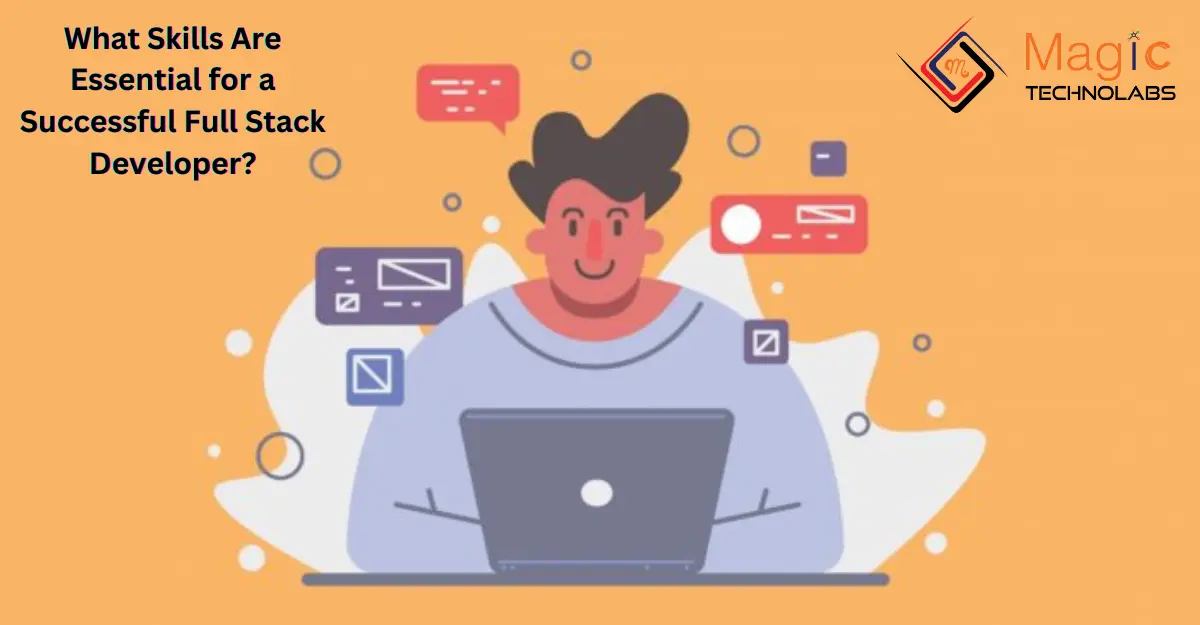Becoming a successful full-stack developer requires a versatile skill set that spans both front-end and back-end development. Here's a breakdown of the essential skills needed to thrive in this dynamic field.
1. Proficient in Programming Languages: Full-stack developers should be adept at multiple programming languages. For the front end, mastery of HTML, CSS, and JavaScript is essential. On the back end, languages like Python, Ruby, Java, or PHP are commonly used, along with an understanding of server-side technologies.
2. Front-End Development: Strong front-end skills involve creating visually appealing and user-friendly interfaces. Proficiency in front-end frameworks such as React, Angular, or Vue.js is crucial. A full-stack developer should be capable of implementing responsive design and ensuring a seamless user experience.
3. Back-End Development: Back-end development involves server-side logic, databases, and server management. Knowledge of server-side languages (Node.js, Django, Flask, Express), databases (MySQL, MongoDB, PostgreSQL), and server environments is vital. Understanding RESTful API development is also beneficial.
4. Database Management: Full-stack developers need to handle databases efficiently. Skills in designing and managing databases, optimizing queries, and ensuring data security are essential. Familiarity with both relational and non-relational databases broadens the scope of a developer's capabilities.
5. Version Control/Git: Proficiency in version control systems like Git is a fundamental skill. Full-stack developers should be comfortable using Git for collaboration, tracking changes, and managing code repositories, ensuring a systematic approach to project development.
6. Knowledge of Web Servers: Understanding how web servers operate is crucial. Familiarity with server management, deployment, and configuration helps in deploying applications and maintaining their optimal performance.
7. Problem-Solving and Critical Thinking: Successful full-stack developers possess strong problem-solving skills and critical thinking. They should be adept at debugging, troubleshooting, and finding efficient solutions to complex challenges that arise during development.
In conclusion, a successful full-stack developer is a well-rounded professional with expertise in both front-end and back-end technologies. Continuous learning and adaptation to new tools and technologies are key to staying relevant in this ever-evolving field. By honing these essential skills, developers can navigate the diverse challenges of full-stack development and contribute effectively to building robust and innovative web applications.
















